Sandhya Sridhar
History is like a flowing river. Its ebb and flow vary in different periods, and sometimes the entire course of the river could change. But what is important is to mark its trajectory correctly at every point of time, ensuring that its context be retained.
Thanks to social media, there is enough discussion on aspects of history that could be viewed differently. All the more interesting is when one stumbles across lesser known works that document history differently from what has been popularly compiled and disseminated.
One such is the contemporary’s view of the ‘Father of the Nation’, Mohandas Karamchand Gandhi, through the lens of his contemporaries, Babasaheb Ambedkar and C. Sankaran Nair. The former’s differences with Gandhi are fairly well-known. Ambedkar constantly sought political power for the untouchables, and sought separate representation for them politically. However, Gandhi’s view was different. He believed that all the depressed classes ought to be represented uniformly as a whole. Plenty of writing of these differences are in the public domain.

What however is not so public are the views of C. Sankaran Nair, of Gandhi. Who was Sankaran Nair? He was a lawyer who was active in the Indian national movement and grew to become the President of the Indian National Congress in 1897. A native of Kerala, he began his career in the High Court in Madras, after which he went on to be Advocate-General to the government, and then a Judge of the Madras High Court.

Sankaran Nair was knighted by King George V, and became a member of the Viceroy’s Council, a rare elevation for an Indian in those days. When the Jallianwallah Bagh massacre took place in 1919, Sir Sankaran Nair resigned from the council. The resignation shook the British enough for them to appoint the Hunter Commission to look into the massacre.

In 1922, Sankaran Nair published a book, ‘Gandhi and Anarchy’, in which he not only spelt out his distaste for Gandhian politics saying, ‘His [Gandhi] factious policy in India stands in the way of further reforms’, very firmly opposing what he called Mr. Gandhi’s “so -called-Non-violent Non-co-operation” movement. He was especially critical of Gandhi’s “indiscriminating support” of the Khilafat movement. He spells all this out in the Preface to the book, a slim volume with 23 appendixes, each of the appendixes being “far more important than my narrative” as Sir Nair puts it in the Preface.
So here is a vehement critic of Gandhi’s political positionings, who, in an opposing point of view dissects ‘The Khilafat Question’ and ‘The Punjab Atrocities’. I would urge the reader to peruse ‘Gandhi and Anarchy’ to understand Sir Nair’s perspectives on his opposition to Gandhi’s methods.
In ‘The Punjab Atrocities’, Sir Nair points out the culpability of Sir Michael O’Dwyer in orchestrating the Jallianwallah Bagh massacre. While the Hunter Commission did condemn the massacre calling it a ‘grave error’, there were no punishments awarded to those who had executed the killings. Now with the publication of ‘Gandhi and Anarchy’ in which Sankaran Nair made no bones about Sir O’Dwyer’s role in planning and executing it, the latter had his chance and sued Sir Nair for libel.
Sir Sankaran Nair took on O’Dwyer in court and despite all his arguments, he lost the case. Eleven of the twelve jurors exonerated Sir Michael O’Dwyer, a not surprising outcome. Sir Nair was asked to apologise or pay a stiff fine, and he of course, chose the latter.

We return at this point to the topic of history that we began with in this piece. History of course, is always in context. History, it is also said, is written by the winner. Win or lose, post-Independence documentation has played down the work and the roles played by many good people, Sir Sankaran Nair being one of them, deifying some, obscuring the others.
The role of the historian is never to opine, but to state the facts. We, however, have been given just the one glorifying narrative, leaving out the edifying ones that tell us about remarkable people who offered differing or opposing points of view. This has resulted in a skewed discourse, one that is polarised and which has now become always one versus the other.
It need not be so. The world is more open and much of what has been relegated to the sidelines is now coming to the fore. When the narrative is re-presented, it would be best that all sides be shown fully, and that no one individual becomes larger than life. History is richest, in context.



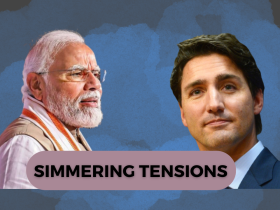
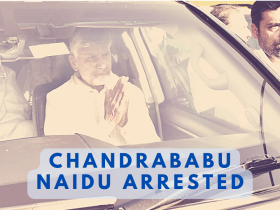
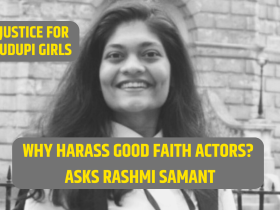
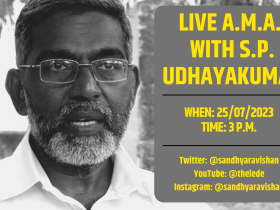


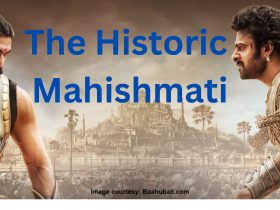



Leave a Reply